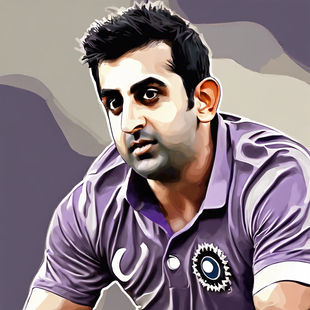Often accusing them of 'suppressing democracy' and on the other side saying that they have joined hands to 'save democracy'.. When the Bharatiya Janata Party (BJP) came to power in the 16th Lok Sabha (2014-19) 🐘

🎉 the women MPs of that party 🙋♀️🏛️ held their government accountable. Sharp questions on ministers 🤔 and answers 🤝📃 Revenue Parliament records 📜 say. According to a study conducted by PRS Legislative Research Institute regarding the 16th Lok Sabha, BJP's women MPs (32 people) 🙋♀️ asked around 346 questions 🗣 against their government during the entire five years. Compared to the 15th Lok Sabha (2009-14), the average number of questions 🗂 asked by women MPs 🙋♀️ during the ruling Congress 📆-led UPA 🇮🇳 government 🏛️ was only 58 📆. The Congress party had 25 women MPs in the Parliament then. In the study done by PRS organization, if we look at the questions asked by men 🧑 and the questions asked by women... there is a difference in priorities 📊🔍. It was found that women MPs asked questions on 🤷♀️ issues related to health, roads, education, MSMEs (Micro, Small and Medium Enterprises) 🏭, while male MPs 🙋♂️ focused on finance, defence, foreign affairs etc. Even if the Women's Reservation Bill is passed, it will take at least another ten years for the number of women to increase legally in the legislatures. But in 75 years after the independence of the country 🇮🇳🗽 we have seen only one 🙋♀️woman prime minister. Let's hope that in the next 75 years we will see more women presidents. 🌼🗳️

































